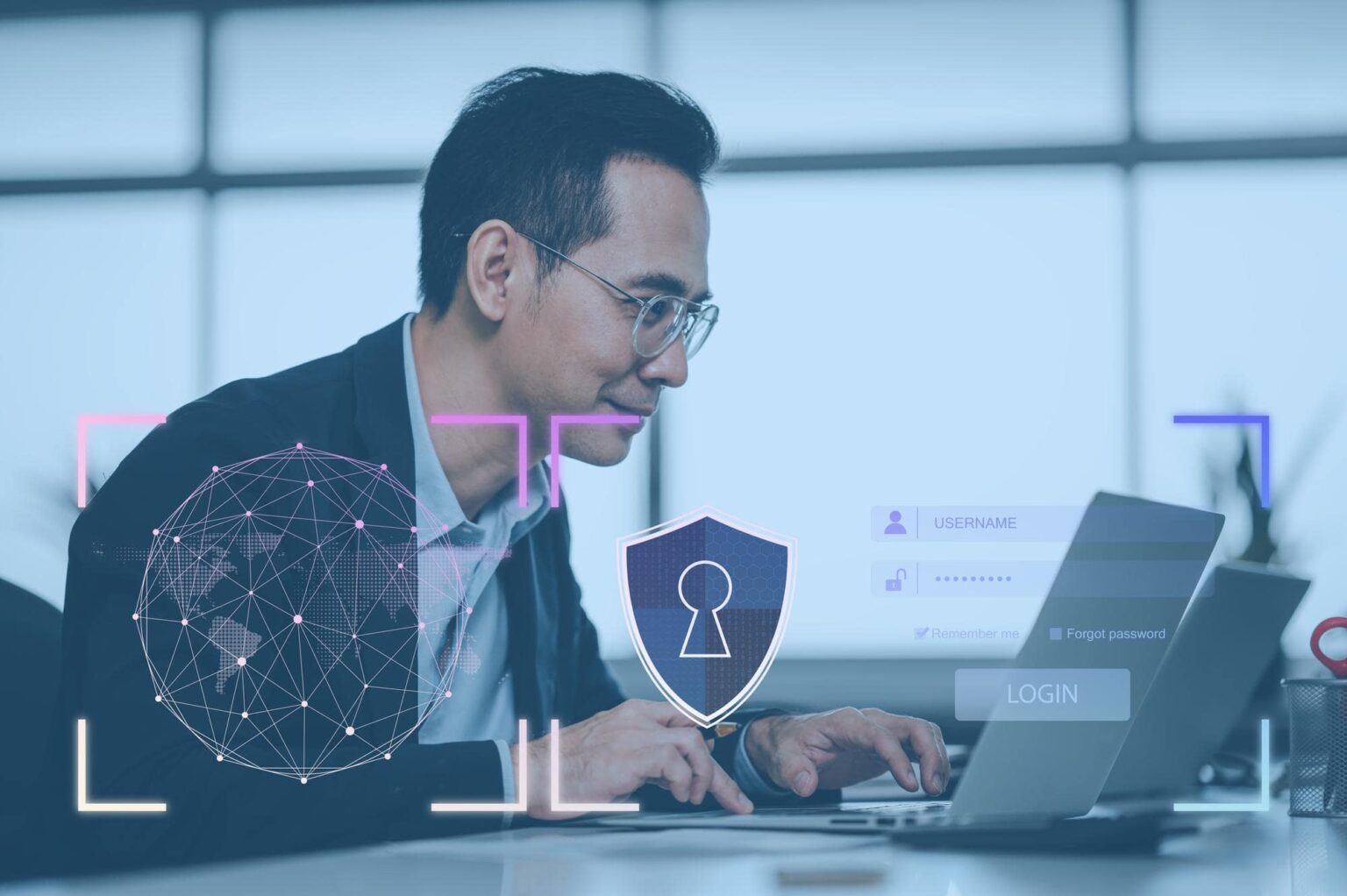As the digital landscape evolves, cybersecurity has become a critical concern for organizations of all sizes. Future Chief Information Officers (CIOs) need to prioritize cybersecurity and implement robust measures to protect data from sophisticated threats. Here are some cybersecurity imperatives for future CIOs:
Risk Assessment and Management: CIOs must conduct comprehensive risk assessments to identify potential vulnerabilities and threats. This includes evaluating the organization’s systems, networks, and data infrastructure to understand potential entry points for attackers. By understanding the risks, CIOs can develop a risk management strategy that includes preventive measures, incident response plans, and business continuity plans.
Strong Security Culture: CIOs should foster a strong security culture within the organization. This involves creating awareness about cybersecurity best practices, providing regular training to employees, and establishing clear security policies and guidelines. CIOs must emphasize the importance of following security protocols, such as using strong passwords, implementing multi-factor authentication, and being vigilant against social engineering attacks.
Robust Security Infrastructure: CIOs need to ensure that the organization’s security infrastructure is comprehensive and up to date. This includes implementing firewalls, intrusion detection and prevention systems, antivirus software, and secure network configurations. CIOs should also consider deploying advanced security technologies like endpoint protection, data encryption, and security information and event management (SIEM) systems.
Incident Response and Recovery: Despite preventive measures, organizations may still experience security incidents. Future CIOs need to develop and regularly update incident response plans to minimize the impact of security breaches. This involves establishing incident response teams, defining roles and responsibilities, and conducting drills and simulations to test the effectiveness of the response plan. Additionally, CIOs should have backup and recovery strategies in place to ensure that data can be restored quickly and efficiently in case of a breach or system failure.
Continuous Monitoring and Threat Intelligence: CIOs must implement continuous monitoring mechanisms to detect and respond to security threats in real-time. This includes utilizing security monitoring tools, conducting regular security audits, and implementing threat intelligence solutions. By staying informed about the latest cyber threats and vulnerabilities, CIOs can proactively take steps to mitigate risks and enhance the organization’s security posture.
Vendor and Third-Party Risk Management: Organizations often rely on vendors and third-party partners for various services. CIOs should assess the cybersecurity posture of these external entities and ensure that appropriate security measures are in place. This includes conducting due diligence, including security assessments and audits, and establishing robust contractual agreements that outline security requirements and responsibilities.
Compliance and Regulatory Requirements: CIOs need to stay informed about the relevant cybersecurity regulations and compliance requirements that apply to their industry. This includes regulations like the General Data Protection Regulation (GDPR), the California Consumer Privacy Act (CCPA), and industry-specific standards. CIOs should ensure that the organization’s cybersecurity practices align with these regulations to avoid legal and reputational risks.
Cybersecurity Talent and Partnerships: Future CIOs should focus on building a skilled cybersecurity team or partnering with external cybersecurity experts. The demand for cybersecurity professionals is high, and having the right talent is crucial for an effective cybersecurity strategy. CIOs should foster an environment that attracts and retains cybersecurity talent, provide training and professional development opportunities, and leverage external partnerships to augment their security capabilities.
In conclusion, future CIOs must prioritize cybersecurity and take proactive measures to protect data in the age of sophisticated threats. By adopting a comprehensive and holistic approach to cybersecurity, CIOs can ensure that their organizations are resilient against cyberattacks and maintain the trust of their stakeholders.



